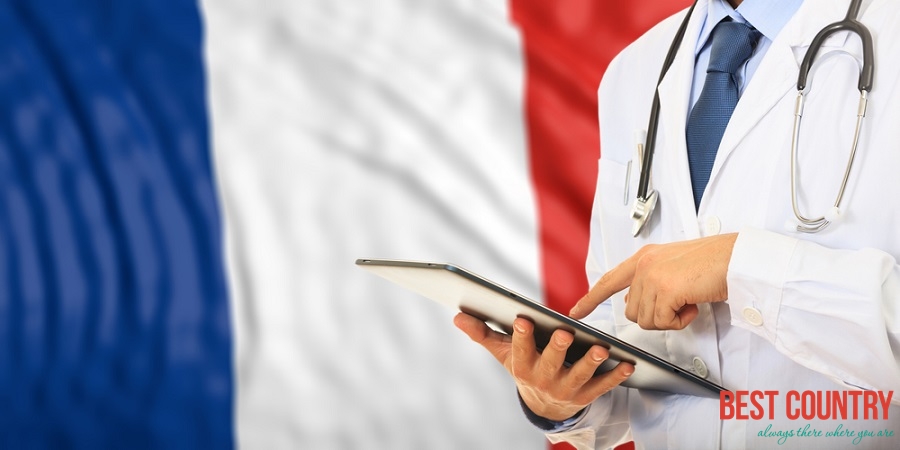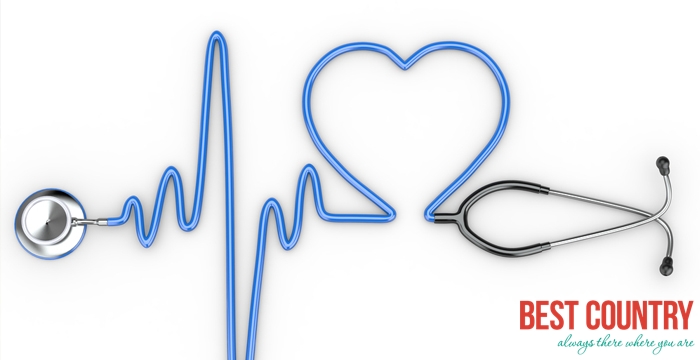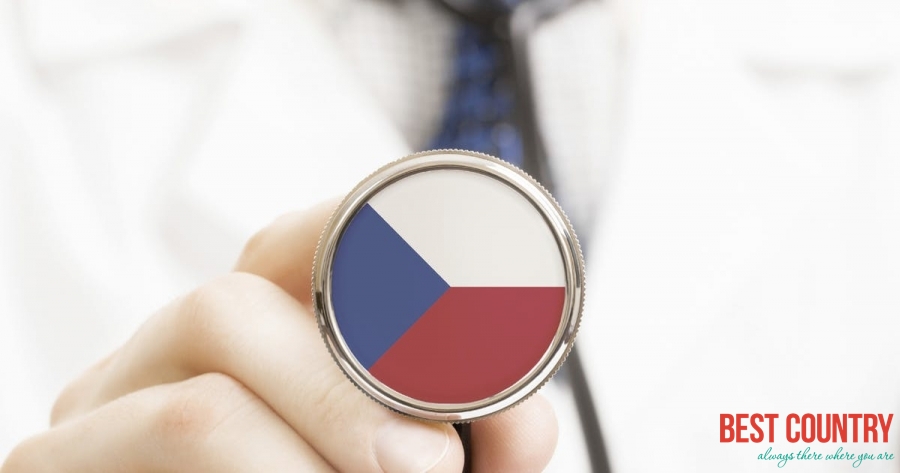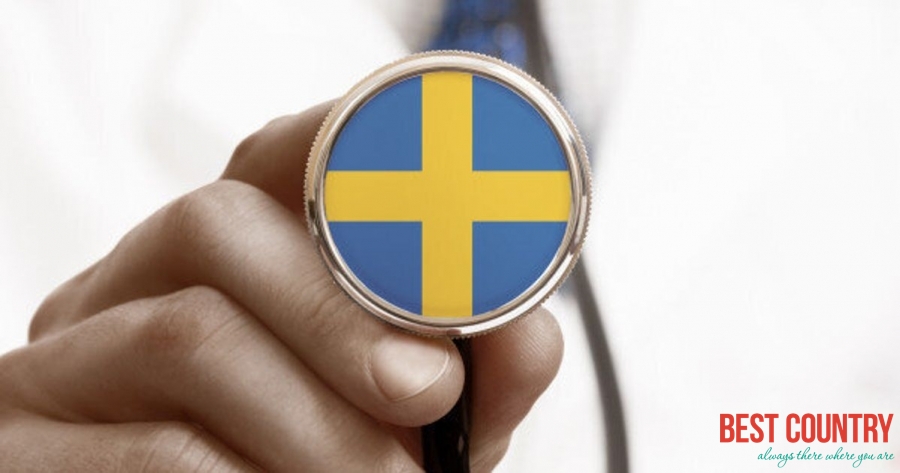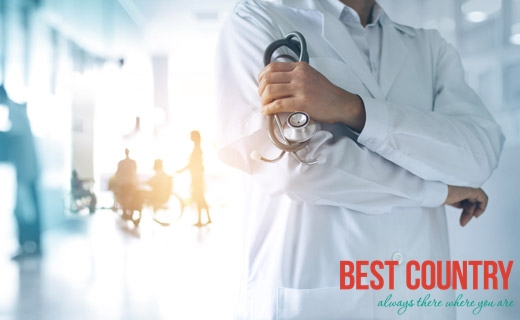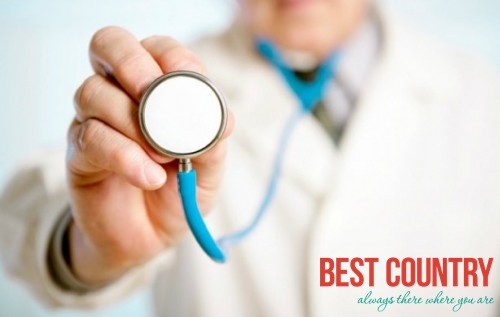Medicine in the different countries
HEALTH CARE IN FINLAND
The FMA collaborates with various authorities and decision-making bodies in relation to the development of health care in Finland.
Health care in France
Despite their meat-and-cream-rich diet augmented by alcohol and cigarettes, the French have been living much longer in recent years.
A Look at the Health Care System in Bahrain
If you are moving abroad to live in Bahrain and are concerned about the quality of the health care you might receive there in the event that you become ill you are worrying for no reason.
Medicine of Croatia
Under socialism, all citizens had access to medical care, and this is still the case. Physicians begin training at the start of their university education. The usual period of training for a physician is six years.
Healthcare in Montenegro
Montenegro has a good standard of compulsory, state funded healthcare. Medical staff are extremely well trained. All citizens are entitled by law to equal access to healthcare.
Healthcare in the Czech Republic
Healthcare (including dental treatment) is free to all citizens in the Czech Republic. It is provided through compulsory contributions to a state approved insurance fund. Healthcare costs here are well below the European average, yet standards are in line with some of the best health centres in Western Europe.
Switzerland's healthcare system
Switzerland is known throughout Europe for its quality medical and paramedical services, with health care always high on the political agenda.
Swedish health care
Everyone in Sweden has equal access to health care services under a largely decentralized, taxpayer-funded system. Like many other countries, Sweden faces numerous challenges, such as funding, quality and efficiency of its health care services.
Mongolia Health Care and Vaccinations
Health care facilities are improving in Ulaanbaatar and provincial capitals but still short of Western standards. Serious medical emergencies may require evacuation to Beijing or Seoul. Doctors and hospitals may expect immediate cash payment for health services.
Health in Burma
The general state of health care in Burma is poor. The military government spends anywhere from 0.5% to 3% of the country's GDP on health care, consistently ranking among the lowest in the world.
Health in Ivory Coast
The public medical services of Ivory Coast are more important than the small number of private physicians and clinics. As of 2004, there were an estimated 9 physicians, 31 nurses, and 15 midwives per 100,000 people. About 77 percent of the population had access to safe water in 2000. Total health care expenditures were estimated at 3.7 percent of GDP.
Lesotho Health Care and Vaccinations
Comprehensive travel and medical insurance is recommended. Medical facilities in Lesotho are limited and there is no ambulance service. Treatments for some cases may require transfer to a South African hospital; good facilities are available in Blomfontein, 145km (90 miles) west of Maseru.
Health in Liberia
Liberia faces widespread health problems, including Ebola, endemic malaria, malnutrition, widespread mental health problems and a low level of public health awareness.
Healthcare in Mauritius
Protection against sunburn: It is very important to protect oneself well from insolation. It is much stronger than in Europe and one may get sunburned even in cloudy weather. Use suncream with a high sun protection factor, get used to the sun slowly, wear a headgear and stay in the shadow in the beginning of your stay.

